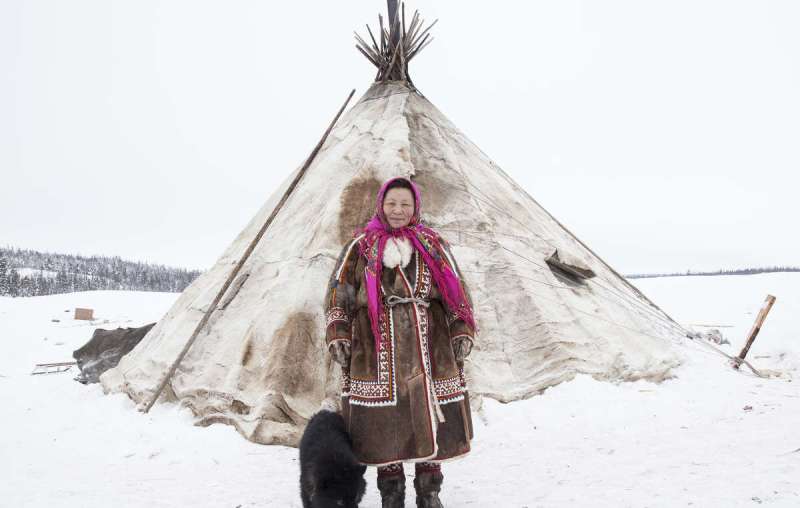The power of Indigenous voices and data supporting the green transition

A new policy paper titled “Data-driven Subnational Decision-making in the Arctic: The power of Indigenous voices and data supporting the green transition” will change the way we look at green transition. The work is published by the team at the University of Lapland, a partner in the Arctic PASSION project.
The Policy Brief, available on the Zenodo preprint repository, summarizes the preliminary findings of Arctic PASSION’s work on enhancing evidence-based decision-making at the local and regional level in the Arctic, with respect to two themes: the state of inclusion of Indigenous knowledge in sub-national decision-making; and data availability, needs and gaps with respect to managing and planning the green transition.
With regard to the inclusion of Indigenous Knowledge in sub-national decision-making: The cooperation of Indigenous Peoples, science and governance could benefit from:
- Facilitating awareness among subnational policymakers of the specific issues and challenges Indigenous populations face in specific regions.
- Increasing the number of persons with Indigenous identity in administrative bodies.
- Ensuring a better understanding of Indigenous communities’ relations to land and water and facilitating further knowledge exchange between Indigenous communities, scientists/researchers and policymakers on practices of including Indigenous perspective in policies and plans.
- Providing results of scientific research transparently demonstrates a broad perspective on the activities that should be performed and how they would benefit the Indigenous and non-Indigenous population of the particular community.
- Ensuring that the inclusion of three parallel perspectives—Indigenous, local, and scientific—becomes a normal approach to developing risk assessments, reports, plans, and policies.
Regarding data availability, needs and gaps with respect to managing and planning green transition at a subnational governance level: There is a need to develop better tools for assessing local and global impacts and benefits of green energy investments.
- Comprehensive databases capturing green transition planning information and data are needed, reflecting the need for more holistic policymaking.
- National and EU policymakers could consider supporting cooperation between Arctic municipalities and regions with respect to climate mitigation and adaptation. Such collaborations should focus on concrete actions and the exchange of specific models, tools, and processes, rather than abstract sharing of good practices. A case study approach may be beneficial in this context.
- There is a need to invest more in generating data and aggregating information related to social indicators linked directly to green transition projects.
The above insights emerged from 30 semi-structured in-depth interviews with a sample of Arctic and sub-Arctic subnational decision-makers, rightsholders, and stakeholders.
More information:
Pavel Tkach et al, Data-driven Subnational Decision-making in the Arctic: the power of indigenous voices and data supporting the green transition, Zenodo (2023). DOI: 10.5281/zenodo.8055176 , zenodo.org/record/8055176
Citation:
The power of Indigenous voices and data supporting the green transition (2023, June 29)
retrieved 29 June 2023
from https://phys.org/news/2023-06-power-indigenous-voices-green-transition.html
This document is subject to copyright. Apart from any fair dealing for the purpose of private study or research, no
part may be reproduced without the written permission. The content is provided for information purposes only.
For all the latest Science News Click Here
For the latest news and updates, follow us on Google News.

